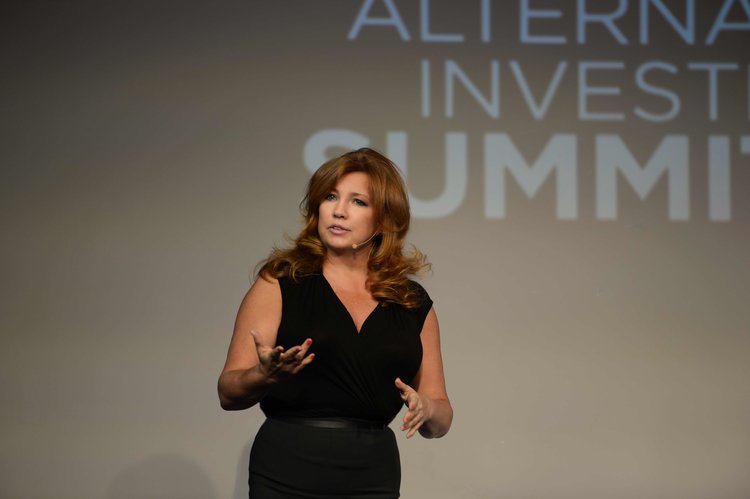Recently, Pippa Malmgren, a U.S. analyst baed in London, provided thoughts on American developments.
An article by Tyler Durden published on October 18, 2020 provided the interview.
Here we are excerpting the discussion of the digital civil war, but the video below provides the full interview.
Erik: I want to pick up on a phrase you used just a minute ago, “a new kind of civil war”. Tell us more about what you mean, because it seems to me we do have scope for this unrest, to grow to a scale that really is a civil war. But obviously, this is not the 1800s we’re not going to dig trenches and have soldiers on either side with muskets trying to shoot at each other. It seems like we’re already seeing burning things down major arsons, are one of the elements of these new tactics of what I think could escalate into this new kind of civil war. What are the other attributes? What is this new kind of civil war? What does it look like?
Pippa: Well, another attribute of it is its digital quality. And there’s a lot of writing about it and you and I have talked in the past about the changed balance of power between states and citizens, and the use of data, and digitization, the use of mobile phones, for example to track behaviors. And again, COVID has totally accelerated that process with the introduction of track and trace, and ever larger powers and freedoms by governments to keep an eye on the citizens using their electronic technology and every nation does this differently.
Recently, I think just this week, we saw in Hong Kong the Chinese authorities blocked off a few city blocks, and everyone inside those few city blocks basically had a data search done. And it heavily targeted young people because they’re trying to find who are the protesters, who are the organizers of the protest against the Chinese state. And so basically your digital identity, which is in your phone gives away so much information about you, who you connect with, where you’ve physically been.
It’s capable of being used as a microphone to record everything that you say, there’s a record of all your emails, all your communications, all your text messages. So, this is the new war zone, it is a data space and I don’t that we’ve reached an agreement about what’s a reasonable amount of data for governments to have access to and what’s not.
I don’t think we’ve reached that in China and I don’t think we’ve reached it in the West either because it’s all so new, people still don’t even understand that they’re giving away that information. They still will have conversations in front of an Alexa and think that it is still private when in fact all that data is easily auctioned off on the net and available for sale.
So I think data is the second war space or Warzone where the civil unrest is unfolding and then I think another area of it has to do with morals. And this is such a super controversial area because everyone takes the high ground and says my morals are better than your morals, but the point is, they’re all arguing about what’s the right set of morals.
And I think that’s a really fascinating fight about philosophically what are the right set of morals for a modern society? And that’s why again, the Supreme Court issue is so important. And we just saw this opinion being released by Justice Clarence Thomas that calls into question the case that allowed gay marriages. And such an interesting question because for me when I was growing up a conservative was liberal in the sense that the view was, once you get to your own front door, anything you want to do, should be allowed inside within a certain reason.
But, basically, the freedom to be who you were was protected, today that’s not considered the conservative position. And the liberal position has moved to, we’re entitled to come into your house and tell you what you can and can’t do. It’s like a complete reversal of where things used to be. So some of this is navigating in a moral space, which is a bit like the 17th and 18th centuries, particularly 18th century where those were the kinds of issues that we had civil unrest over, they were moral issues, and we’re seeing maybe a repeat of history on that front.
See also, the following:
The Cold Civil War in the United States: A Key Challenge Facing the Future of the Nation


